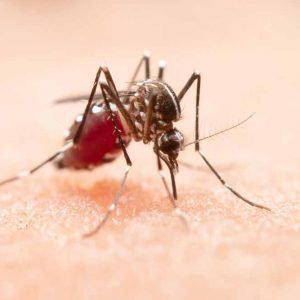Cholera, a highly infectious waterborne disease, has plagued humanity for centuries, causing significant morbidity and mortality across the globe. This blog aims to delve into the various aspects of cholera, including its history, causes, symptoms, prevention, and the ongoing efforts to combat this devastating illness. By shedding light on cholera’s impact and raising awareness about preventive measures, we can contribute to a world where this ancient scourge no longer claims countless lives.
I. The History of Cholera
Cholera’s historical significance cannot be understated. Originating in the Ganges Delta in India, this deadly disease has been responsible for several pandemics throughout history. From the first recorded outbreak in 1817 to the devastating epidemic in London’s Broad Street in 1854, cholera has left an indelible mark on societies worldwide. Understanding its historical context helps us grasp the magnitude of the challenges faced in controlling and eradicating cholera.
II. The Causes and Transmission of Cholera
Vibrio cholerae, the bacterium responsible for cholera, thrives in contaminated water sources and spreads through the consumption of contaminated food and water. Poor sanitation, lack of access to clean water, and overcrowding exacerbate the risk of cholera outbreaks, making it a disease that disproportionately affects communities in developing countries.
III. The Symptoms and Complications of Cholera
Cholera manifests with acute gastrointestinal symptoms, including profuse watery diarrhea, vomiting, and severe dehydration. Rapid fluid loss can lead to electrolyte imbalances, hypovolemic shock, and organ failure, resulting in death if left untreated. Recognizing the symptoms and seeking prompt medical care are crucial in managing the disease and preventing severe complications. Furthermore, the long-term consequences of surviving cholera can significantly impact the quality of life for affected individuals.
IV. Preventive Measures and Control Strategies
Preventing cholera requires a multi-faceted approach that addresses both immediate and long-term solutions. This section will delve into the preventive measures, such as access to clean water, improved sanitation facilities, hygiene promotion, and vaccination campaigns. Additionally, it will highlight the importance of community engagement, surveillance systems, and early warning systems to enable swift response to potential outbreaks. International organizations, governments, and non-governmental organizations play a vital role in supporting these initiatives, fostering collaborations, and providing resources to vulnerable communities.
V. Combating Cholera: Global Efforts and Success Stories
Despite the challenges, progress has been made in combating cholera globally. Various initiatives, such as the Global Task Force for Cholera Control and the Ending Cholera Initiative, have been established to accelerate efforts in prevention, surveillance, and response.
Conclusion
Cholera remains a persistent global health challenge, particularly in vulnerable populations with limited access to clean water and sanitation facilities. Through enhanced awareness, comprehensive prevention strategies, and global collaboration, we have the opportunity to control and eventually eliminate cholera’s devastating impact. By investing in infrastructure, education, and health systems, we can strive towards a world where no one suffers from this preventable and treatable disease. Let us work together to create a future where cholera becomes a footnote in the annals of history, rather than a present-day threat to human life.















